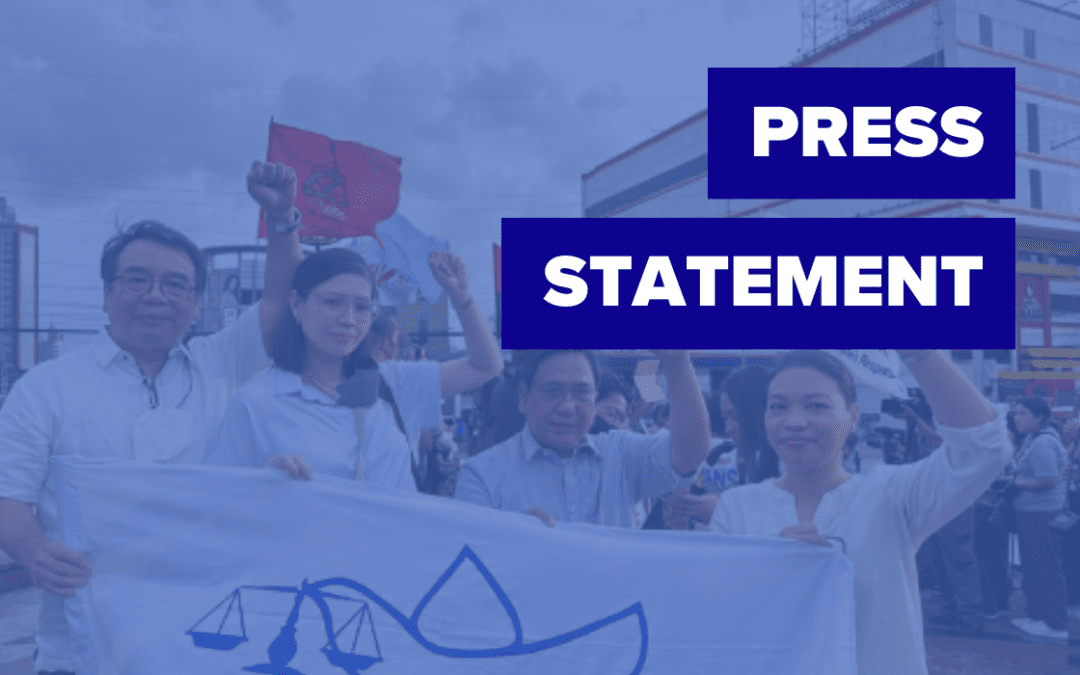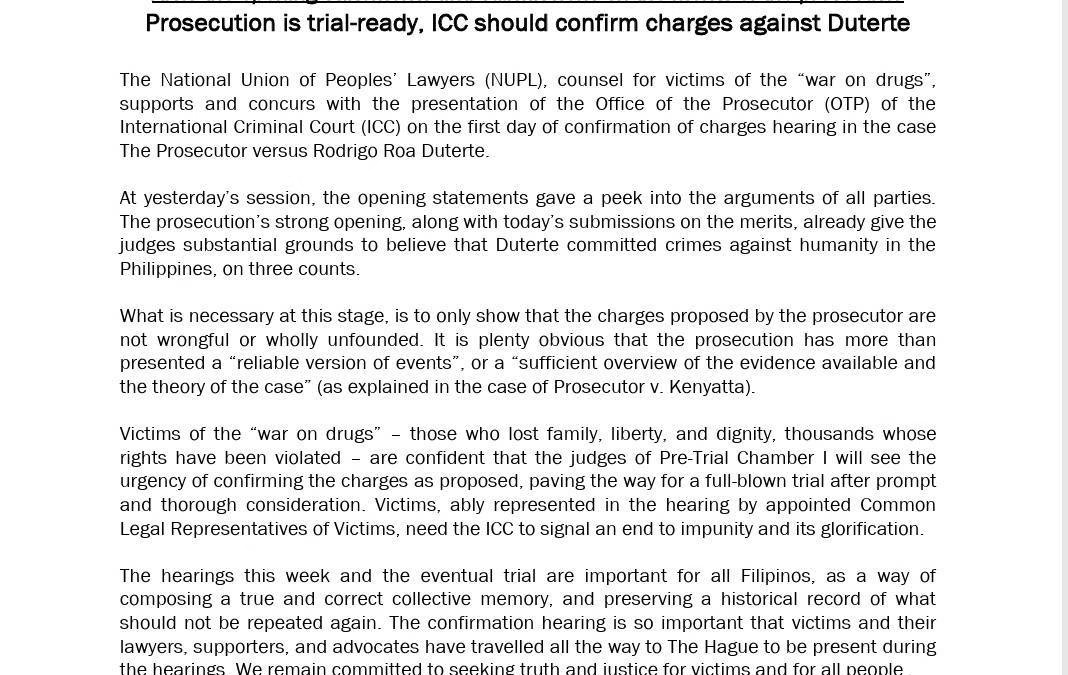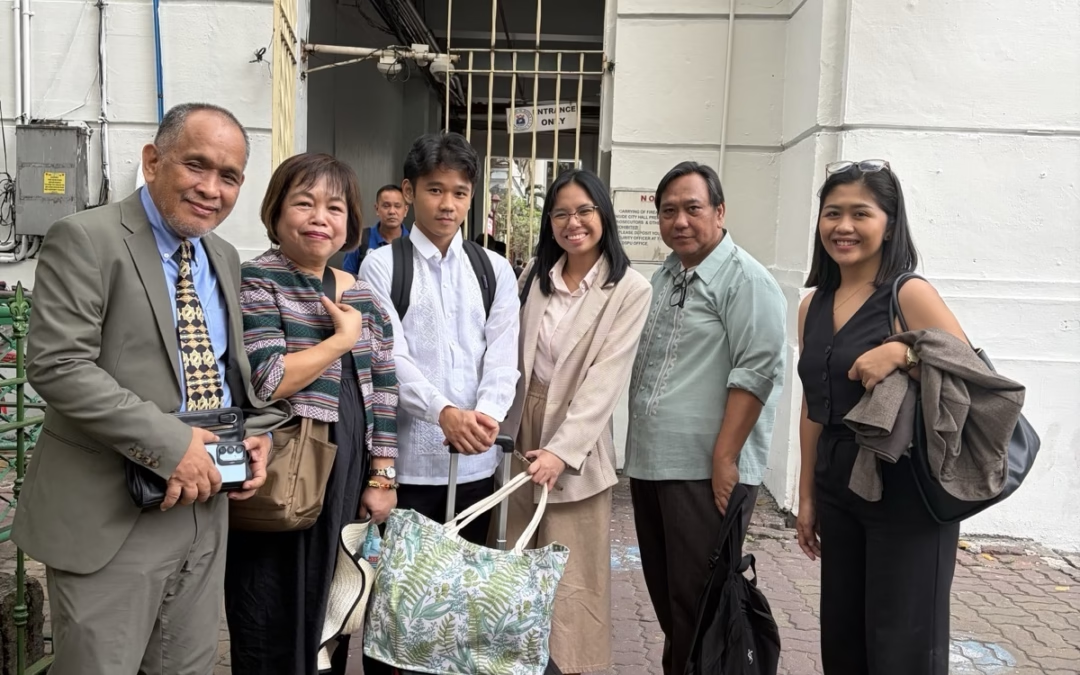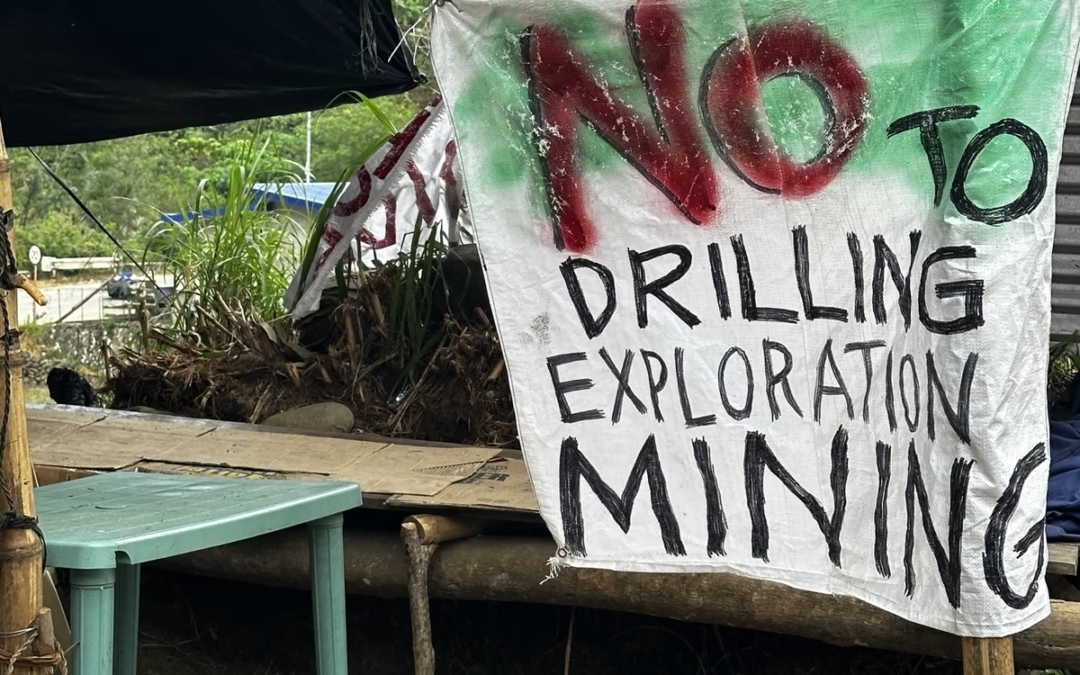The events of September 21 once more exposed the double standards that govern law enforcement in this country. More than 216 people were arrested, among them 91 minors. They were beaten, detained in squalid conditions. Some are accused of joining scuffles, but many were simply protesters and bystanders caught in the sweep. They now face charges for various tumults and disturbances and damage to property.
It is telling that the full force of the law is wielded by “Manila’s finest” in defense of private property, while violations of human rights, even by state agents, are whitewashed. In this society, a broken window is punished more swiftly than the beating of a child.
Such severity is reserved only for the poor. When the powerful are implicated in corruption and human rights abuse, the response could not be more different: investigations that drag on indefinitely, shifting of blame, or complete silence. Extrajudicial killings remain unpunished while political dynasties implicated in corruption return to office as if nothing happened.
This disparity has long been the rule. The same authorities that jail children for shouting slogans bends over backward to excuse those with money and influence. The same system that rushes to file charges against protesters has yet to hold accountable those responsible for plunder or the loss of billions in public funds.
It is not disorder or damage to property that most endangers society, but the daily violence of hunger, corruption, and repression. It is the poor who are punished swiftly and harshly, while those truly responsible for the country’s decay are shielded from accountability.
Law, if it is to mean anything, cannot be selective. Until these double standards end, its promise of justice will remain hollow.
Reference:
Atty. Josalee S. Deinla
NUPL Secretary General
+639174316396




